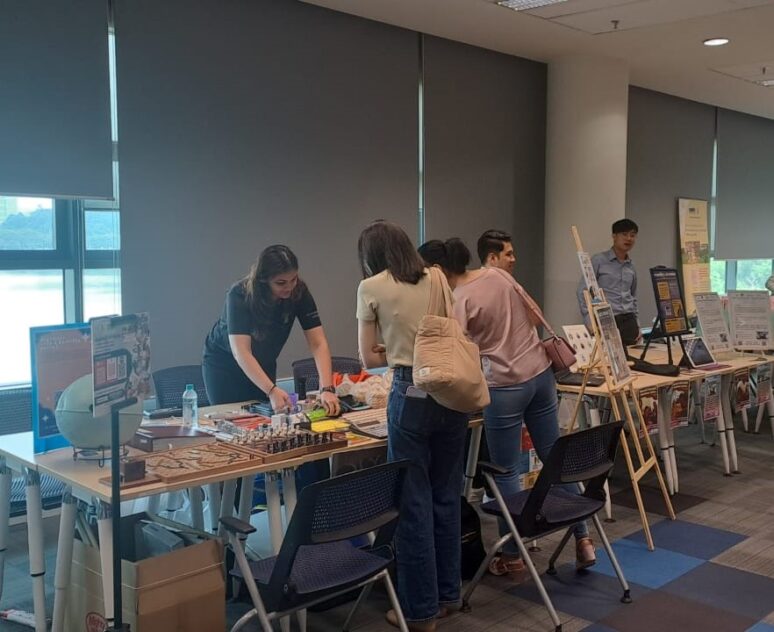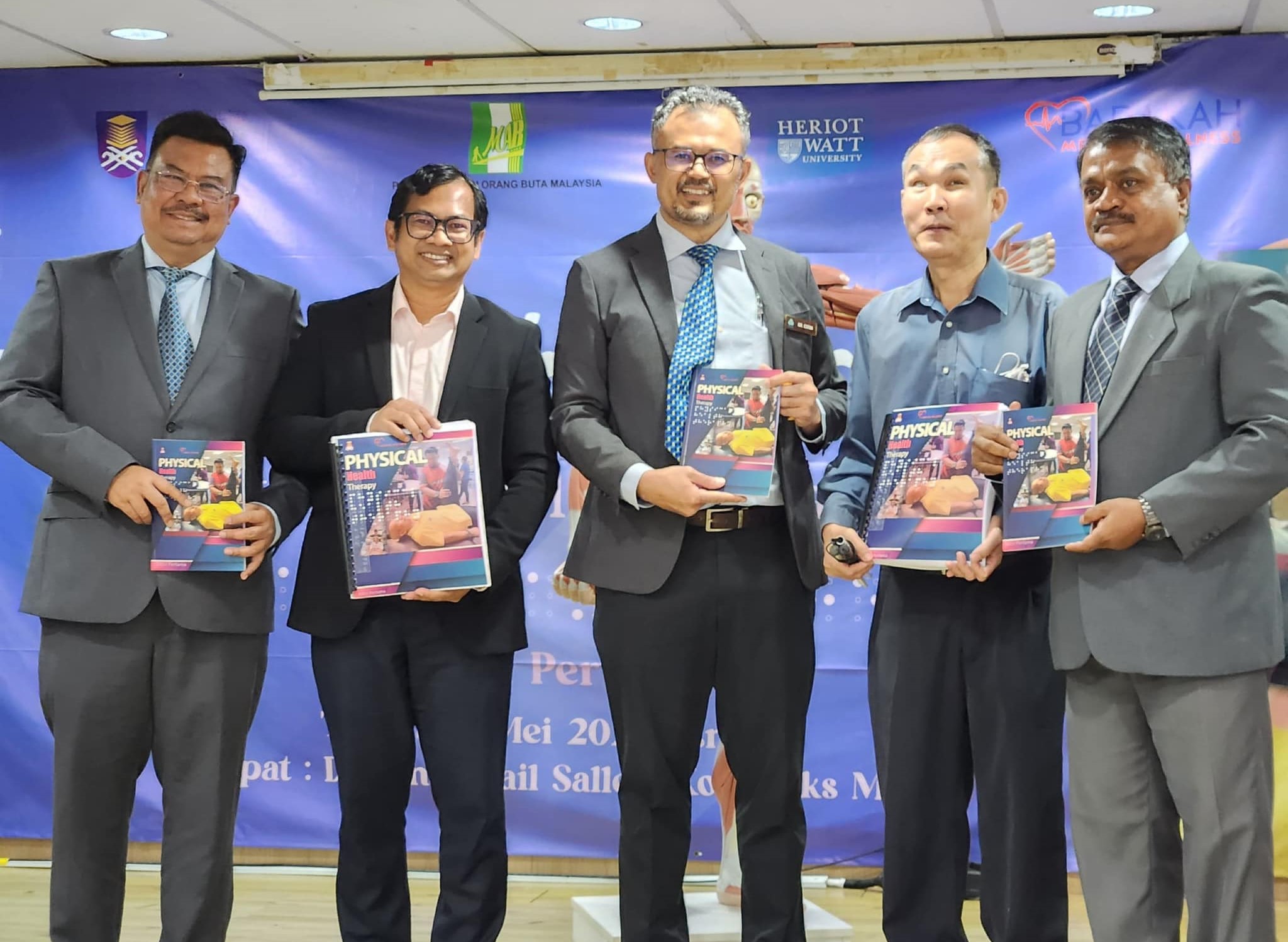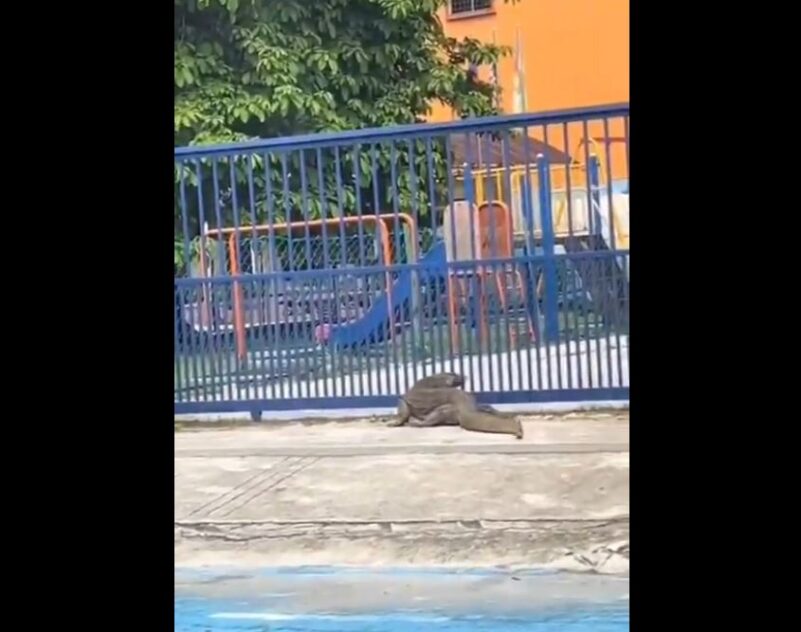Letter to Editor
THE demand for skilled masseurs, particularly in areas such as sports massage, is on the rise in Malaysia.
Recently, I had the privilege of attending a significant event at the Malaysian Association for the Blind’s (MAB) Complex in Brickfields, Kuala Lumpur.
This event marked the launch of the inaugural Braille edition of “Physical Health Therapy”, a textbook created through the collaborative efforts of experts from various universities and Barakah Medical Centre.
This textbook represents a pivotal step towards enhancing accessibility by offering specialist training in massage techniques for visually impaired masseurs, equipping them with the essential skills needed to meet this growing demand.
In addition to improving accessibility, it promises to unlock future job opportunities as masseurs, showing considerable promise for the future of visually impaired individuals in Malaysia, and facilitating their integration into society and the workforce.
My visit to the MAB office was enlightening. I was deeply impressed by the warmth and hospitality extended by the staff.
Engaging in interviews with visually impaired individuals provided significant insights into the challenges they face, inspiring me to advocate for practical actions to enhance support for Malaysia’s visually impaired community.

In my interviews with residents at the MAB, numerous individuals expressed serious concerns regarding the limited job opportunities accessible to them.
Discrimination persists as a major obstacle in many Malaysian companies, exacerbating the unemployment situation within this demographic.
To address this challenge, I suggest the establishment of accessible work environments tailored specifically for visually impaired individuals.
Additionally, Malaysian companies ought to provide visually impaired individuals with opportunities by considering their recruitment, particularly for roles that align with their abilities.
Positions such as customer service, telephone support, transcription services, data entry, and online content creation offer considerable potential for valuable employment opportunities for the visually impaired community.
Furthermore, businesses run by the visually impaired community in the country should receive more attention and greater support from the government.
During my conversation with a visually impaired entrepreneur who owns a massage therapy centre in Brickfields, he highlighted the challenges faced by businesses owned by visually impaired individuals, such as difficulties in registering, obtaining licences, and accessing government support and incentives.
To address these challenges, we need a comprehensive approach that includes policy reforms to streamline the registration and licensing processes for disabled entrepreneurs, training programmes for government officials, and dedicated support and incentive schemes specifically tailored to visually impaired businesses.
This holistic approach would ensure that they receive the necessary resources and assistance to thrive.
Accessibility is indeed a critical issue. A visually impaired individual I met at MAB pointed out the striking difference in accessible infrastructure between Malaysia and Europe, underscoring the pressing need for improvement.
Increasing awareness about accessible public spaces is essential for promoting inclusivity. In view of this, state governments could play a proactive role in allocating funds to local councils to ensure accessible infrastructure features such as tactile pavements, Braille signage in public buildings, and auditory signals at traffic intersections, all of which are crucial for enabling safe and independent navigation for visually impaired members of the community.
The role of collaboration and partnership in bolstering support for the visually impaired community cannot be overstated.
The fruitful partnership between Heriot-Watt University Malaysia (HWUM) and the Malaysian Association for the Blind (MAB) serves as a shining example.
Over the past three years, this collaboration has not only raised over RM20,000 for MAB through the EmPOWER Programme but has also facilitated a diverse range of activities and volunteer opportunities for HWUM students to engage with MAB residents, enriching the lives of all parties involved.
Moreover, collaborations with academic institutions like Heriot-Watt University Malaysia provide organisations like MAB with access to expertise and resources.
University researchers can offer valuable insights into accessibility issues, technology development, and educational strategies tailored to the needs of visually impaired people.
By embracing these recommendations, we can pave the way for a brighter, more inclusive future for Malaysia’s visually impaired community. – May 17, 2024
Dr Lee J. Peter is an Assistant Professor at Heriot-Watt University Malaysia.
The views expressed are solely of the author and do not necessarily reflect those of Focus Malaysia.









